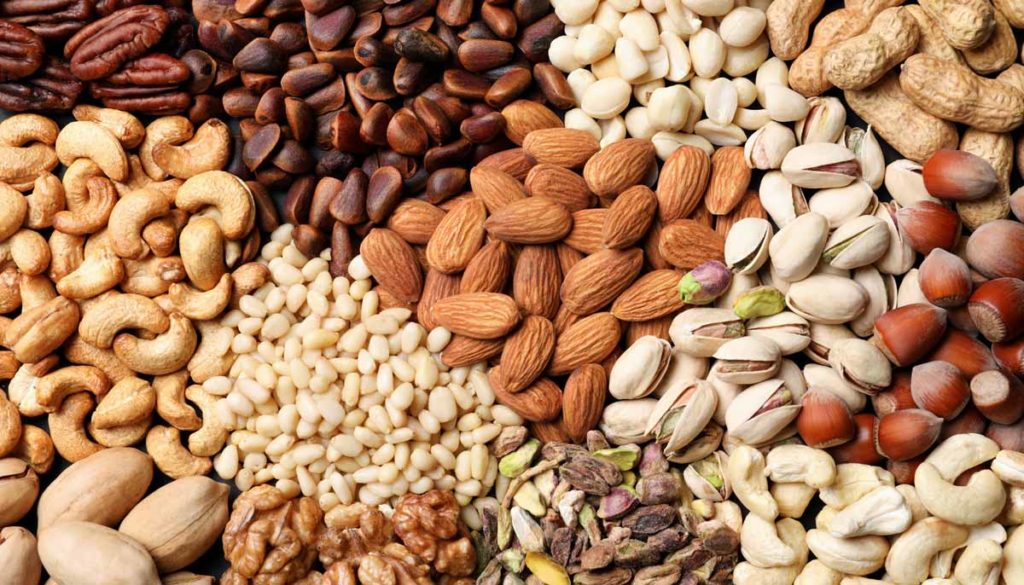Adobe Stock
You’ll find plenty of people talking about “superfoods” all over the place these days, from blogs to magazines. But what you won’t find is a “superfood” label at the grocery store or a new “superfood” group on the food pyramid.
So what is it, exactly?
Well, the term “superfood” isn’t an official scientific term or a food group. It is actually a term that was coined by the food industry for marketing purposes. The word itself has no real root in academic research.

Even still, foods that are frequently referred to as superfoods are nutritionally dense and really good for your health. The term is always used to mean foods that contain a variety of nutrients, antioxidants, fiber, and healthy fats.
And most of the time, they’re supposed to provide a lot of health benefits, like preventing diabetes, promoting digestive health, or decreasing the risk of diseases.
With benefits like that, you should be adding superfoods to your diet. Here are some popular foods that are most commonly referred to as superfoods:
I’m talking about kale, collard greens, spinach, swiss chard, and the like. These dark leafy greens are excellent sources of zinc, calcium, folate, iron, magnesium, vitamin C, and fiber.
They also usually have high levels of anti-inflammatory compounds that could protect you against certain types of cancer.
Most vegetarians already know that beans are a great source of low-fat, plant-based protein. They also have plenty of other important nutrients and plenty of fiber.
Add more beans to your diet to improve your digestive health, reduce cholesterol, and lower your blood pressure.
While blueberries are the most common berry to get slapped with the superfood label, strawberries and cranberries also boast the same health benefits.
These berries are superfoods because they are rich in vitamins, soluble fiber, and phytochemicals, which can help reduce the risk of heart disease and cancer.
Sometimes also referred to as fatty fish, salmon, sardines, mackerel, and others are rich in omega-3 fatty acids, which can reduce inflammation, and lower the risk of heart disease and stroke.
These are nutritional powerhouses. They are packed with essential nutrients and are a great source of healthy fats and protein.
Many of these help fight inflammation, improve heart health, lower bad cholesterol, and provide antioxidants.